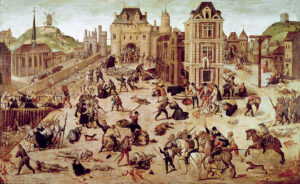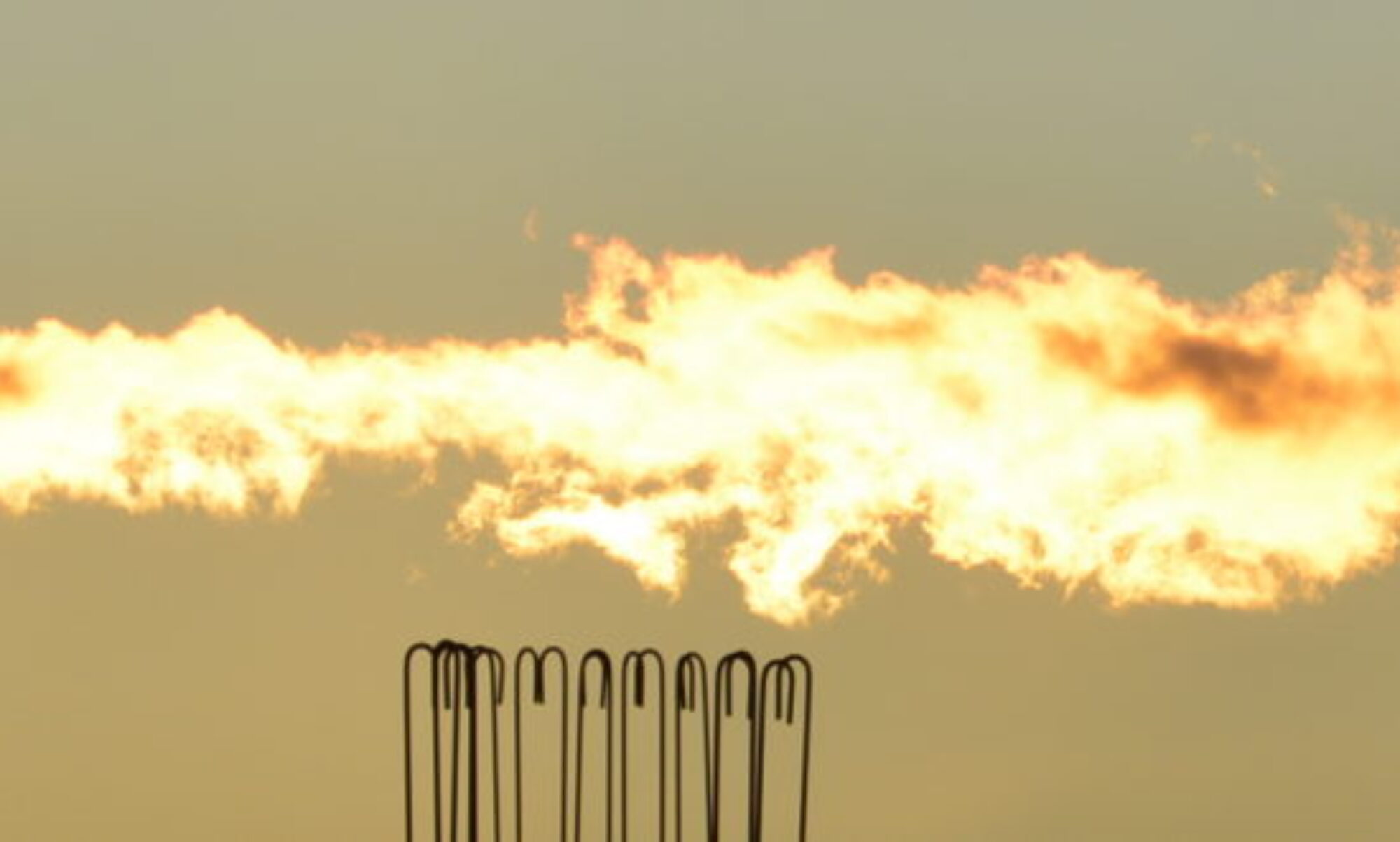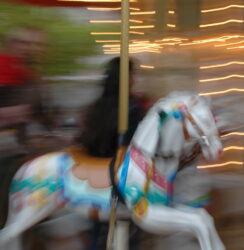The city I live in, Geneva, has many strange aspects. In some ways it’s a city like no other. It is very small, but likes to see itself as very big. Somewhat like that image of a little Pussycat looking at self in the mirror and seeing a lion with a great mane. It is incredibly bourgeois, but loves to feel revolutionary. It calls itself the city of peace, and it is, if you consider a passive aggressive disposition as peaceful.
No surprise then, that it has its own share of special days that no one else in Switzerland celebrates (OK, the others have their own days off)… I’ve already written about the Escalade, which celebrated Geneva’s defense against the Savoyards, who had attacked the city just before Christmas (Gregorian calendar) in 1602. Because protestants refused Christmas (yes, the original “war against Christmas”folk were the same denomination worried to bits about a non-existent war on Christmas in the USA).
Today, Thursday September 9, we have another day called the Jeûne Genevois, a day of fasting. What makes it strange is that it comes right after the-post vacation rush back to work and school. It always feels a bit like driving off in a speedboat and forgetting to untie it from the dock. Suddenly you are faced with a free day, plus the following Friday, because this holiday is scheduled for the second Thursday in September.
For school kids and teachers, the Friday is NOT a free day. So the four-day weekend, while tempting, will merely remain a painful longing. A temptation to overcome and teach us to steel ourselves for greater temptations.
What’s the origin of this holiday? Basically, fasting is quite a common sport and tends to come from religion, as I have written before. It is mostly done as a form of cleansing and atonement. In Europe, fasting was often ordained after major catastrophes, like plagues. (Chatty aside: This is rather amusing since today a small but vociferous section of the population complains bitterly about any measures taken to slow the spread of our current plague, the coronavirus, and is willing to invent and spread all sorts of extraordinary and often contradictory tidbits of fake information to support their claims. In the good old days, one could just blame the Jews and burn up their ghettos, including inhabitants… And not surprisingly, the covid-deniers have developed a strain of anti-Semitism, notably in France with the “Qui” question, Germany with a vegan cook turned demagogue and a far right wing reveling in denial, and in the USA with the Q lunacy …. plus ça change, plus c’est la même chose).

Anyway… Switzerland did establish a confederate fasting day in 1794 during the French Revolution, and reaffirmed it in 1832, but it fell on a Sunday. Geneva decided to go its own way (passive aggressively) and just to be complicated made it the Thursday following the first Sunday in September.
But Wikipedia tells us that the Genevan fast goes back to the night of Saint Bartholomew and the terrible massacre of Protestant families that began in Paris in 1572. It’s not entirely true. there is evidence that the originator of this day off was in fact Jean Calvin himself. No doubt, however, the Protestants here we’re very upset at the horrifying news from Paris back in 1572. and because it’s Geneva, this particular fasting involves nothing less than eating tarte au pruneaux…. a delicious plum tart. Those plums are ripe at this point, and this might help understand why Protestants were always considered good in business. If you can sell plum tarts for a day of fasting, you can sell refrigerators to the Inuit, and SUV’s to people living in a tiny city.

Few in Geneva know why this day is one of fasting. Even fewer care, I suspect. But the tart remains, after all, the motto of the city is Post tenebras lux. After the darkness, luxury… or is it light? Same thing, perhaps.
I rest my case.



Another superb essay by Marton Radkai …